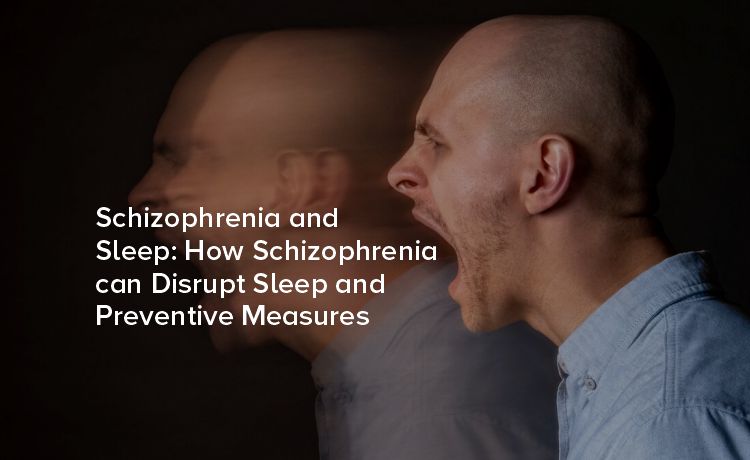
Sleep, that elusive wonder of restoration that rejuvenates our body and mind, is a sanctuary from the turmoil of day-to-day existence. We all crave it, to some more than others, but for individuals living with schizophrenia, sleep is not just a coveted dream—it represents a delicate equilibrium that can be easily unsettled by the pronounced complexities of their condition.
Schizophrenia is often associated with an array of symptoms—hallucinations, disorganized thoughts, and difficulty with concentration, to name a few—that not only persist during waking hours but can extend their disquieting influence into the night, disrupting the natural sleep cycle.
Sleep researchers have long delineated the two main categories of sleep: REM (Rapid Eye Movement) and non-REM sleep. In individuals with schizophrenia, disturbances in these sleep phases are common, with REM sleep latency (the time it takes to first enter REM sleep) potentially shortened, resulting in a fragmented and less restorative sleep.
Effective management of schizophrenia frequently involves the use of antipsychotic medications which, ironically, can lead to their own set of sleep complications. Sedation, insomnia, and disruptions in sleep architecture are not uncommon among those taking such medications.
Disturbed sleep can exacerbate symptoms of schizophrenia, creating a self-perpetuating cycle. It can add to the overall burden experienced by individuals with the disorder, leading to a decrease in the ability to function during waking hours, and thus reducing the recuperative value of sleep even further.
Thankfully, a comprehensive approach to managing sleep disturbances in schizophrenia can significantly contribute to an improved quality of life.
The key to addressing sleep disturbances lies in the integration of psychological, social, and medical interventions. This can include cognitive-behavioral therapy for insomnia (CBT-I), creating a conducive sleep environment, and making adjustments to medication regimens.
Medication non-adherence is a significant issue in the treatment of schizophrenia. It is crucial that individuals work closely with their healthcare providers to manage their medication plan, address side effects that impact sleep, and potentially explore alternative therapies.
Engaging in regular physical activity, maintaining a consistent sleep schedule, and adopting relaxation techniques can all promote better sleep, even in the presence of the symptoms of schizophrenia.
The role of community support cannot be overstated. Friends, family, and support groups provide an anchor to the routines that are pivotal for good sleep hygiene.
While strides have been made in understanding and addressing sleep issues in schizophrenia, there is a continual need for research to optimize the management of these complex interactions.
Innovations in sleep monitoring devices and the application of artificial intelligence in predicting and managing sleep disruptions could open new doors in personalized care for individuals with schizophrenia.
Pharmacological research aimed at developing medications that address the underlying neurological factors contributing to sleep disturbances in schizophrenia represents a hopeful area for future intervention.
Adoption of policies that improve access to mental health care, including sleep disorder treatments,hypertention treatment in Hyderabad can significantly improve outcomes for individuals with schizophrenia.
The relationship between schizophrenia and sleep is multifaceted and presents unique challenges. By understanding the nuanced ways in which these two elements interact, individuals and the wider community can work towards fostering environments that prioritize both mental health and sound sleep.